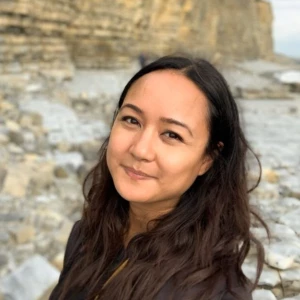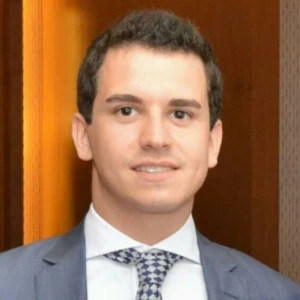I replied to the message under the Bain question.
I've done a 2nd round written case. Not Bain... there are some differences but the key points are the same.
Just like any case, remember to:
a) Answer the questions asked
b) Ensure you communicate your methodical approach/framework/decision criteria
c) Continually update where you're going as new information comes out (hypothesis testing etc)
The biggest difference is that, because you're alone in a room, you don't get a chance to ask clarifying questions.
Therefore you have to make assumptions.
Its highly likely that things that a clarifying question could be used to answer in a regular case (what are the clients, specific goals? what are their resources? can you tell me more about their product? etc) will *NOT* be answered in the case prompt. Therefor you have to fill in that gap or you can't do your job.
This shouldn't be scary, but it is an important thing to consider early on - some people, due to having industry knowledge, or simply "good business instinct" - don't take the time to understand the assumptions they make to start a case. During regular cases the ability to ask clarifying questions might allow them to get aroudn this, but without that opportunity... its very important to state your assumptions up front. You can (and should) make sure to highlight how risky/likely these assumptions are and the upside/downside if thy are not true. But so long as your assumptions are identified and reasonable, there is no reason to stress about this too much.
The other thing to note is that - especially in AT Kearney, but often in other written cases as well - the 'opportunity', or key to the case, lies in unknowns and intangibles. These intangiables include assumptions, but just as important are things like... If you have several different exhibits, are they all from the same sources? Are they apples to apples/in the same units, and... with some basic assumptions... can you use one to infer things about the other?
These intangibles are really an opportunity to show things like initiative and ability to sell your ideas, which are things a regular case can't really do. And as you know. these are very important fundamental aspects to a successful consultant.
Lastly, on a practical level, you're judged on the same thigns you are for a regular case. Confidence, conciseness, good synthesis-making ability, sticking to the topic, client friendly, etc.
I keep my written cases close to the vest, because... well, I really like the firms involved and would the cases I have aren't widely disseminated. I plan to interview there again at my first opportunity, and would hate But if you message me I'll help as much as I can.
Ben


















